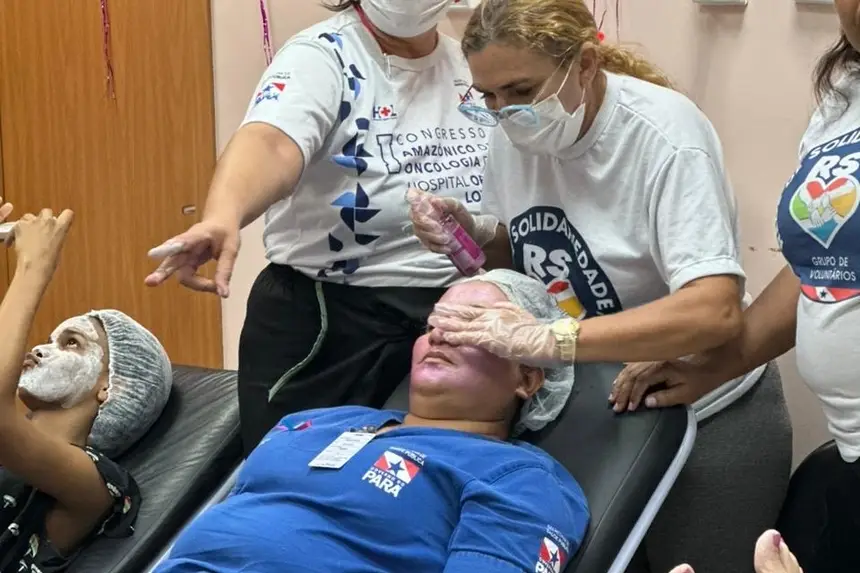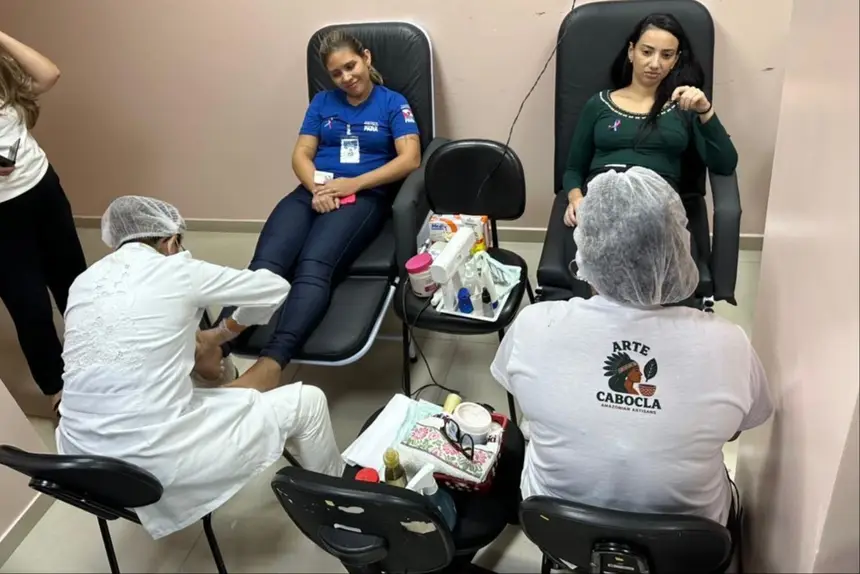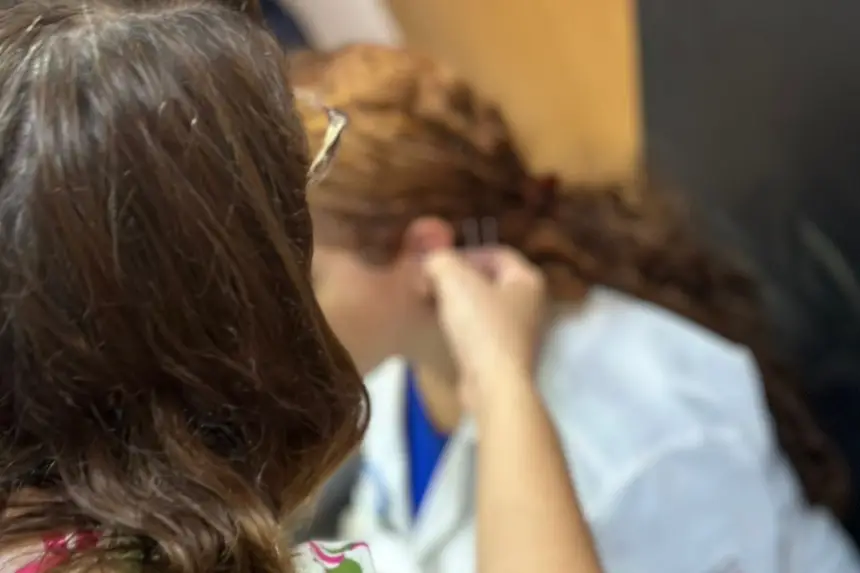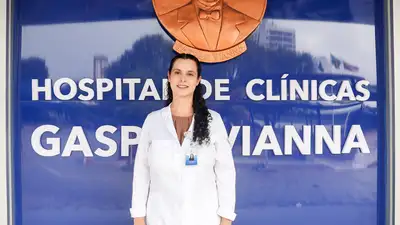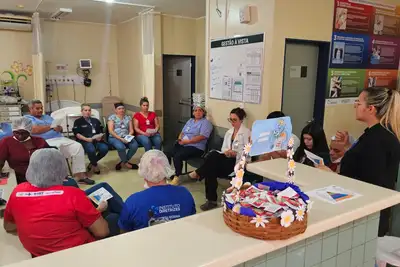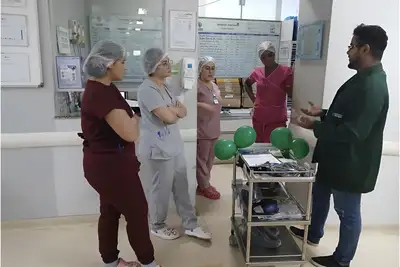Metropolitan Polyclinic promotes prevention and self-care for Pink October
Throughout this week, activities include lectures, awareness moments, and a day dedicated to beauty and well-being
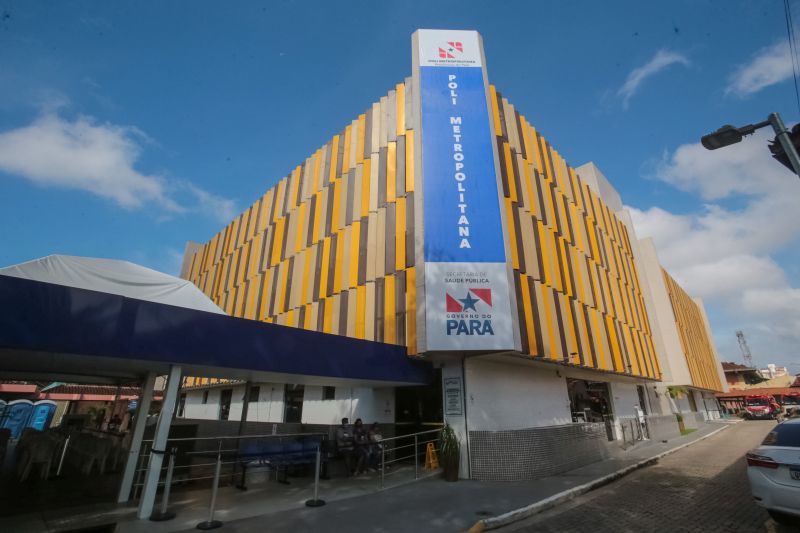
The Metropolitan Polyclinic of Pará, in Belém, is mobilized this October in support of the Pink October campaign, a global movement to raise awareness about the prevention and early diagnosis of breast cancer. Throughout the week, the unit is promoting health education activities, lectures, discussion groups, and self-care actions, reinforcing the importance of being attentive to health and information as a prevention tool.
One of the highlights of the program was the Self-Care Day in Beauty, which provided moments of well-being and self-esteem for the unit's employees and users, with services such as eyebrow design, skin care, nail painting, and self-care tips. The proposal was to value individual beauty and encourage self-love as a fundamental part of women's overall health.
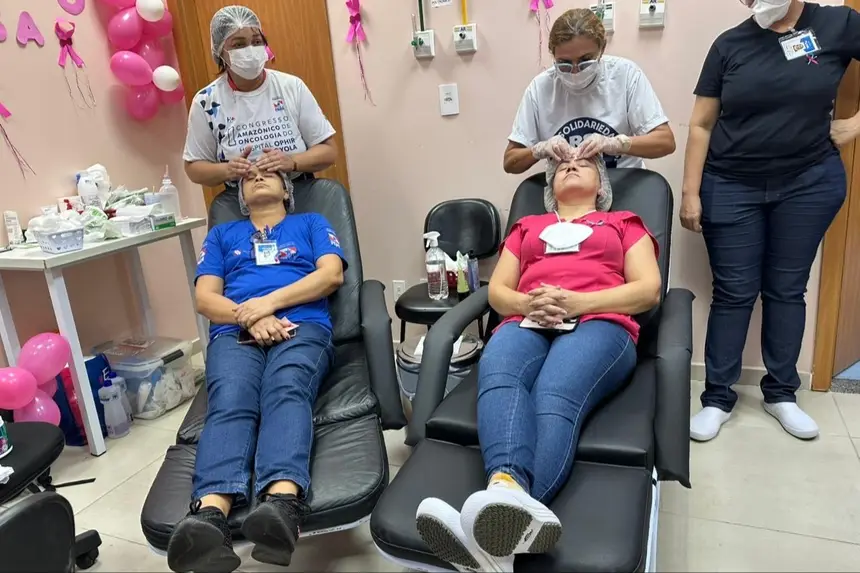
According to nurse Camila Leão, president of the Humanization Working Group (GTH) of the Polyclinic, Pink October is an invitation to reflection and self-care. “Pink October is more than a month of awareness — it is a call for self-love and self-care. When we talk about touch, we are talking about life, attention, and female empowerment. Prevention is the most powerful path we have,” she stated.
During the lectures, Camila also explained the 30 and 60-day Law, which guarantees patients with suspected cancer the right to diagnosis and the start of treatment within these timeframes. She also emphasized that breast cancer can also affect men, although to a lesser extent, highlighting the importance of disseminating accessible and inclusive information.
The program saw great participation from employees and the public, who highlighted the impact of the actions. Nurse Adriana Melo de Andrade praised the content of the lectures: “The lecture was very good and enlightening. It cleared up doubts about self-examination and reinforced the importance of seeking early diagnosis. I was surprised to learn that breast cancer can also affect men. It was a moment of much learning and reflection on self-care.”
Administrative assistant Cleonilda Silva Furtado emphasized the symbolic value of beauty actions: “Pink October is an important alert. We need to love ourselves more, and this love starts with a simple touch — a touch that can save lives. The self-care day was wonderful, it made us feel special and reinforced the importance of taking care of ourselves, inside and out.”
Prevention that saves lives
For the technical director of the unit, Camylla Rocha, the commitment of the Polyclinic is to maintain active and continuous care throughout the year.
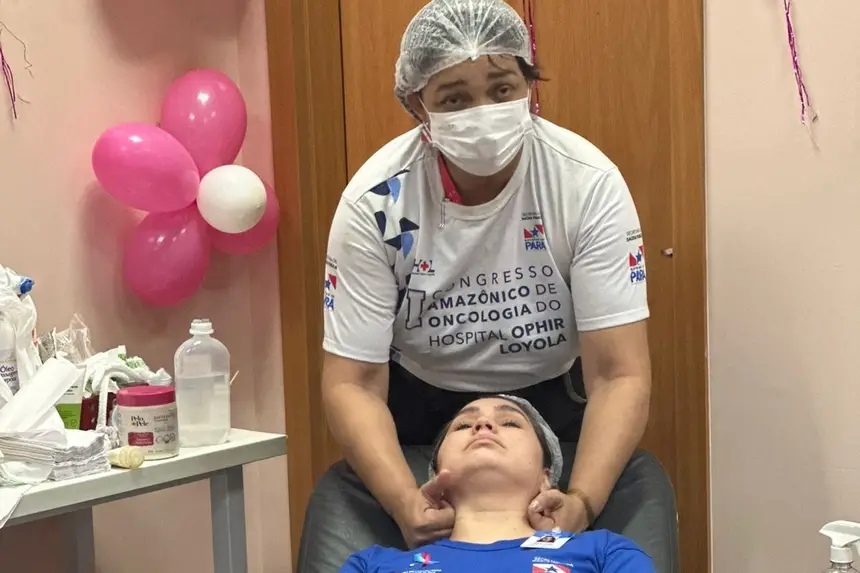
“Breast cancer is the most common type among Brazilian women, and therefore, the month of October has become a symbol of the fight for prevention and early diagnosis. At the Metropolitan Polyclinic, we work daily to welcome and care for women who seek our service, offering specialized care in mastology and gynecology, completely free through the SUS. Pink October is a reminder that prevention saves lives, but this care needs to happen all the time,” she highlighted.
The volume of care at the unit demonstrates the reach of this commitment.
“Here, we perform about 600 mammograms, 1,150 general ultrasounds, and 120 breast biopsies monthly. These numbers reflect the importance of the service in the early detection of breast cancer and other breast conditions,” the technical director added.
Access to the service
Access to specialized consultations and exams at the Metropolitan Polyclinic occurs through primary care. Women should seek their reference Basic Health Unit (UBS), where a medical evaluation will be conducted, and a referral will be made to the State Regulation Center. From there, the patient is directed to the Polyclinic to undergo imaging exams, consultations, and procedures, completely free of charge.
For the executive director of the Metropolitan Polyclinic, Anderson Albuquerque, Pink October goes beyond a campaign: it is a practical demonstration of commitment to life. “More than a symbolic mobilization, Pink October represents the responsibility we have to care for people. When we talk about prevention, we talk about love, time, and opportunity. We want every woman to feel welcomed and safe to take care of herself — because that is the true meaning of quality public health,” he emphasized.
Text by Roberta Paraense


